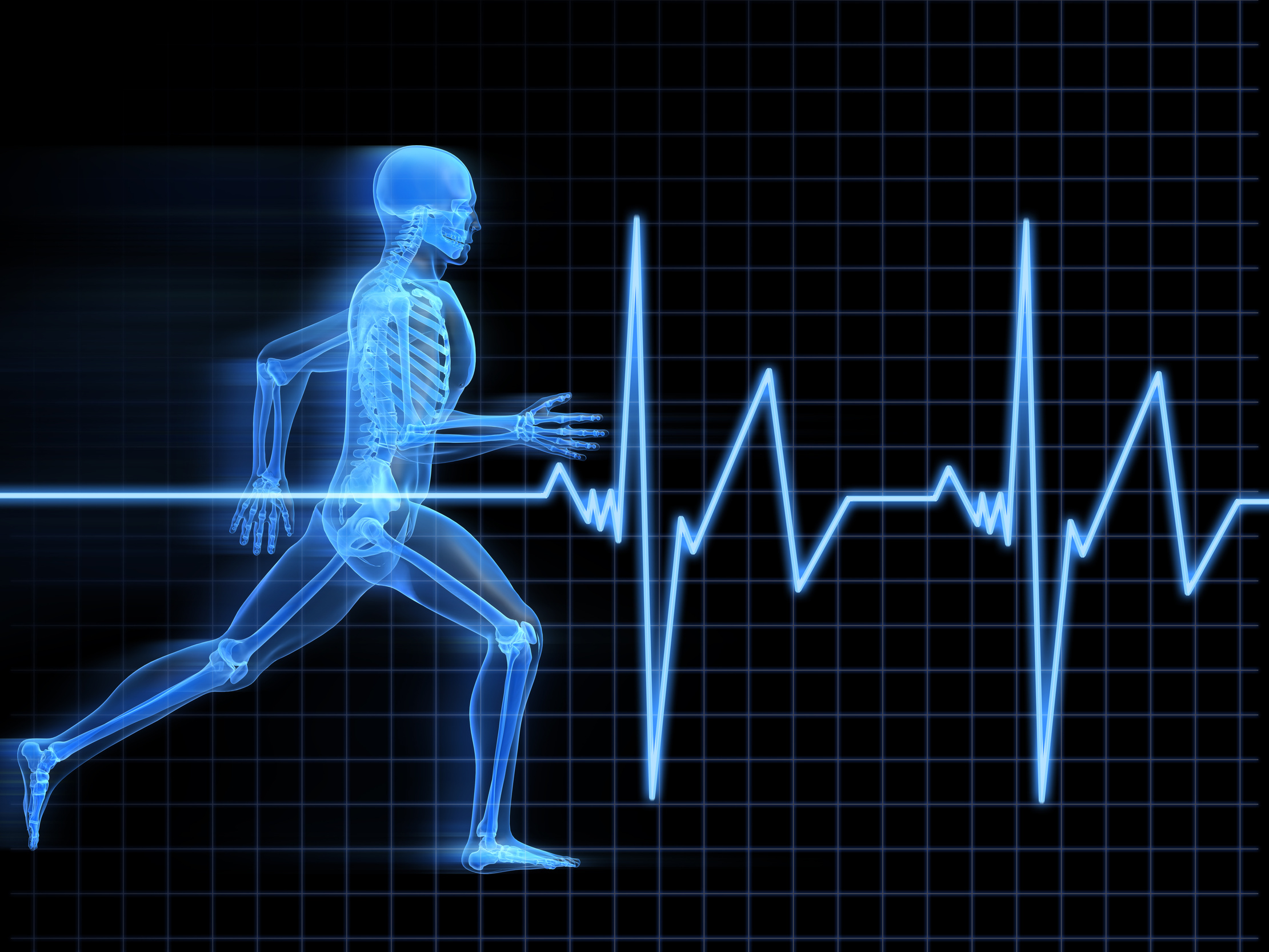Stimulants are drugs that excite any bodily function and increase the activity of the brain and central nervous system.
They are used for various reasons, including performance enhancement, medical benefits, and recreational purposes.
Examples of stimulants include nicotine, cocaine, amphetamines, methamphetamines, methylphenidate and caffeine, found in various drinks and foods such as tea, coffee, and chocolate.
Depending on the stimulant and jurisdiction, these drugs may be legal or illegal.
Stimulants may be taken orally, as in the case of prescription pills, or snorted, smoked or injected. They increase the amount of natural chemical messengers called norepinephrine and dopamine in the brain.
This in turn increases blood pressure and heart rate, constricts blood vessels, increases blood glucose, and increases breathing — which can cause rapid or irregular heartbeat, delirium, panic, psychosis, paranoia and heart failure.


